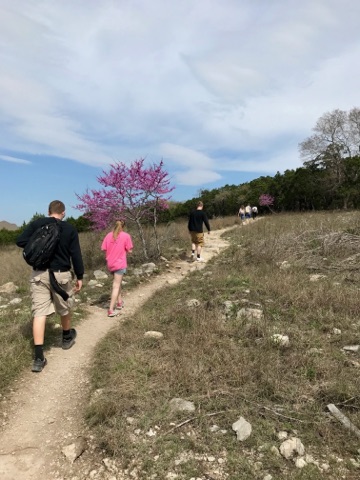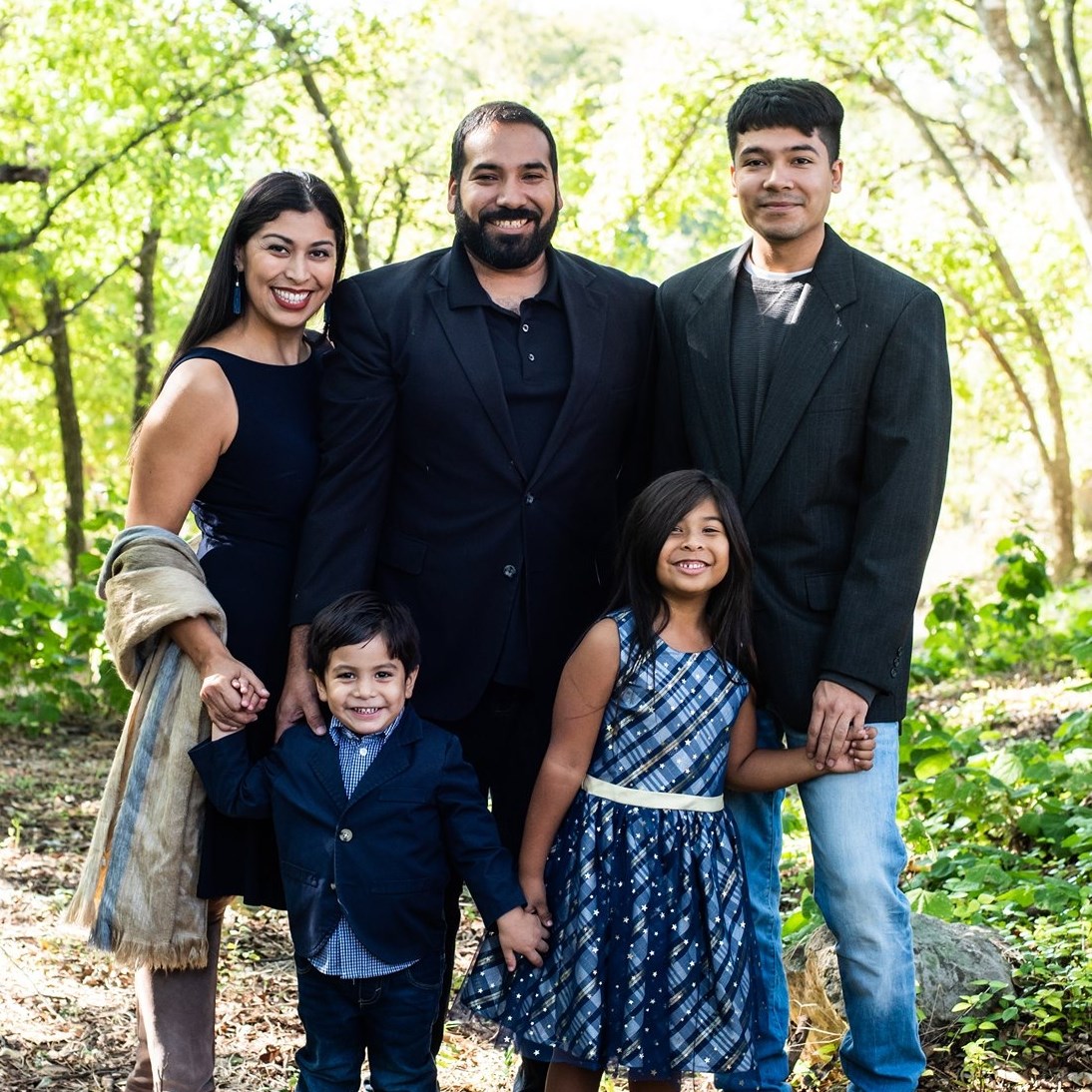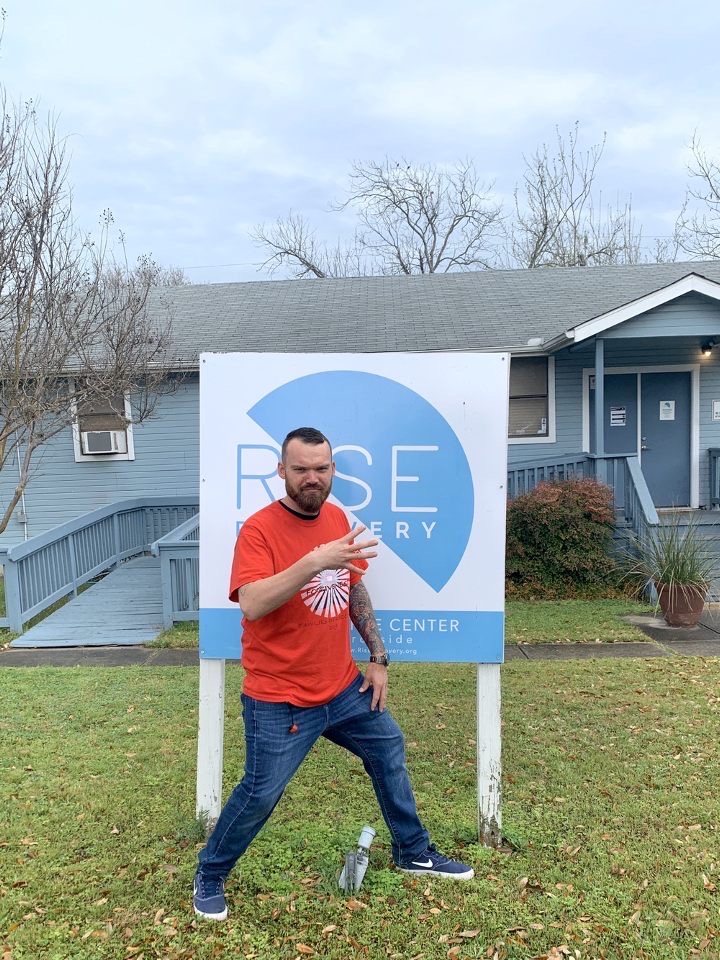I was chatting with a local mom when something she said stopped me in my tracks. “The number one risk factor of a young person developing a drug and alcohol issue is early exposure.”
And that exposure starts inside the home. “We are the role models and if we are demonstrating it, and there’s more alcohol in the home than has ever been. The exposure to our kids is so much higher. If their kids get ahold of that drink and try and mimic what their parents are doing, they can find themselves in a really bad spot,” she explained.
The reason I listened so intently? She isn’t a paranoid mom. Evita Moran is the CEO of Rise Recovery, the local nonprofit that help teens, young adults and families overcome the effects of drugs and alcohol. In other words, she knows what she’s talking about. And everything she said gave me pause.
After all, it’s a common mom trope: we “wine” all the time. Coffee in the a.m., wine the rest of the day. “Mommy juice.” And about 1,000 memes that joke about moms, wine, and drinking to get through the day, or the laundry. We all joke about it. And it’s become even more prevalent now that we’re all home so much more during COVID.
What Evita said kept echoing in my head. What sort of message is that sending our kids? Because I wanted to know more, I asked her to fill in the blanks.
Q: What concerns you most about COVID/the situation we’re in now? How does that impact addictions behaviors?
A: There is a surge in normalizing a daily drink habit. A justification mindset that the stressors of COVID, childrearing and working from home are worthy of a buzz. For young people to exercise a variety of coping skills to deal with stress, it starts with us.
Young people who have never had a drink may now have much easier access to alcohol, be curious about what mom or dad are doing at increased levels in the home and attempt to try out what they are watching. For parents of young ones who have never had a drink before – if you have transitioned your cocktail bar to your kitchen cabinets while the bars/restaurants have been closed, be very mindful of what that means about access in your home. I purposely have no alcohol in my home to prevent that risk with my kids. I have no family history of addiction, and I never saw my parents under the influence. But when I was in 5th or 6th grade, my brothers raided our home’s dusty alcohol cabinet and gave me my first drink on a teenage dare. It changed the course of my life in negative ways to have such an early normalized exposure to alcohol, and it became a coping skill to escape my stressful adolescent years. As a result of that history, today, I choose not to drink at all or have it around my kids.
This is not meant as a judgement to all those who engage in drinking behavior in the home, but a tip to reflect on our own behavior while we are front and center in our kids’ lives, and the unique opportunity we have to be influencers in their lives more than ever before.
Q: What are the risk factors for children developing drug and alcohol issues?
A: First and foremost, drug use is a choice made by the child. We have seen teens and young adults at Rise Recovery from every socioeconomic status and every type of family. A parent can mitigate all the non-biological risk factors and a child (teen/young adult) can still choose to use. A list of risk factors for alcohol and drug related issues includes that early-age first use of drugs and alcohol is often caused by:
- Favorable parental attitudes towards the behavior
- Easily accessible/unlocked drugs or alcohol in the home
- Parents permitting alcohol use
- Parents permitting drug use including marijuana
- Low parental supervision/monitoring
Q: How can parents proactively address the topic, even with young children?

A: Teaching happens when they are younger. Enforcing consequences happens when they are older. Two things I believe apply to every age:
- Model responsible alcohol use and model abstinence from drugs.
- Let them know that you do not support underaged alcohol use or drug use.
- Build resilience in children by holding them accountable for their mistakes.
- Teach them about making healthy choices in interactive and engaging ways.
- Encourage participation in faith-based or secular programs.
- Teach them and model a belief in a benevolent higher power.
- Help them understand that stress and negative feelings are normal, and provide them knowledge and understanding of health coping skills and tools.
Additionally, if you are aware of a history of drug or alcohol addiction or misuse in your family, speak to your children about how this predisposition for addiction may run in your family, and caution them about the increased risk of this genetic factor, as you prepare them for adolescent exposure to “experimenting” peers.
Q: Why is early intervention so key?
A: Addiction rewires the brain into believing the continued use of the drug is needed for survival. The brain sends messages that continued use is as necessary as breathing. One description our counselors use to try to describe the compulsion is, “Imagine you are at the bottom of a deep pool and you are out of air. There is nothing that is going to stop you from getting to the surface so you can breathe. You will push people out of the way, lie, steal, to breathe again.”
Youth brains are especially vulnerable because their brains are still developing. We all know as parents that the recipe for a young healthy mind includes things like nutritious food, good sleep, thoughtful discipline, safety, reading to our kids and love. These all help wire the undeveloped, growing and changing brain to respond to the world in a healthy way. When we start adding illicit or unprescribed, powerful, unsupervised levels of substances, we add poison to the brain development recipe, and the results can be damaging long-term.
Q: What would parents be surprised to learn? How is the problem growing?
A: One study found that 16% of people who started drinking between ages 11-12 developed dependence by the time they were 21. Another found that 13% of people who started using marijuana before age 14 developed dependence. Finally, 74% of national admissions to treatment centers reported first use before age 17. By the time they are seniors, almost 70% of high school students will have tried alcohol. Half will have taken an illegal drug. Twenty percent will have used a prescription drug for non-medical purposes.
According to both SACADA – the San Antonio Council on Alcohol and Drug Abuse – as well as self-reports from Rise Recovery’s participants, the average age of first use, locally, is age 13.
Q: You have young children. How do you approach this subject with them?

A: I know that the world around us is deeply influential. I have a six-year-old girl and what she hears and sees on TV or Youtube is the most common “outside” influencer. At that age, they get that cartoons aren’t real, maybe magic carpets aren’t real, but they may misunderstand and believe that the messages from commercials are fact, that TV shows with real people in adventurous scenarios are fact. And thus, whatever they say, do, or look like is worth absorbing.
At age six, the conversation isn’t about drugs and alcohol directly yet, but more on discernment and who to trust. While still maintaining age-appropriate channels of information, I want to supervise their favorite outlets, listen in, clarify what is being messaged, and teach them what is fact versus what is fiction. I want to teach my kids discernment and to come to trust sources like mom and dad while they still trust us and while we’re still cool to them!
I also want to teach them healthy coping skills for the stressful life they’re about to enter. I can can teach meditation and slow breathing to my six-year-old. I can teach her yoga. I can model how I deal with stress in healthy ways such as talking it out, visiting a counselor myself or going to the doctor. I can teach her that hard work is more important that being perfect. A tool kit of healthy coping skills and a healthy frame of mind are great resiliency factors for young kids as we prepare them for a world where drugs and alcohol will one day be accessible alternatives.

Want to know more about Rise Recovery? They’re a recovery community whose model is grounded in sound research that peer integration in the healthcare journey improves outcomes, and the entire family benefits from care. Rise Recovery provides the critical peer network that young people need to thrive and has no limit to how long or how much people engage in the program. The nonprofit is entirely donor and grant based—they do not take insurance, nor does it charge families. Rise promotes healing by modeling self-care, acting with integrity, and being accountable. Rise also offers a 24-hour Recovery Helpline for Bexar County: 210-SAY-CARE.
Want to read more from a mom who has chosen sobriety? Check out contributor Jenny’s honest look at what fueled her decision and how she’s navigated COVID and the holidays.











